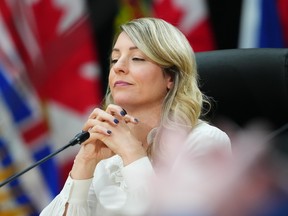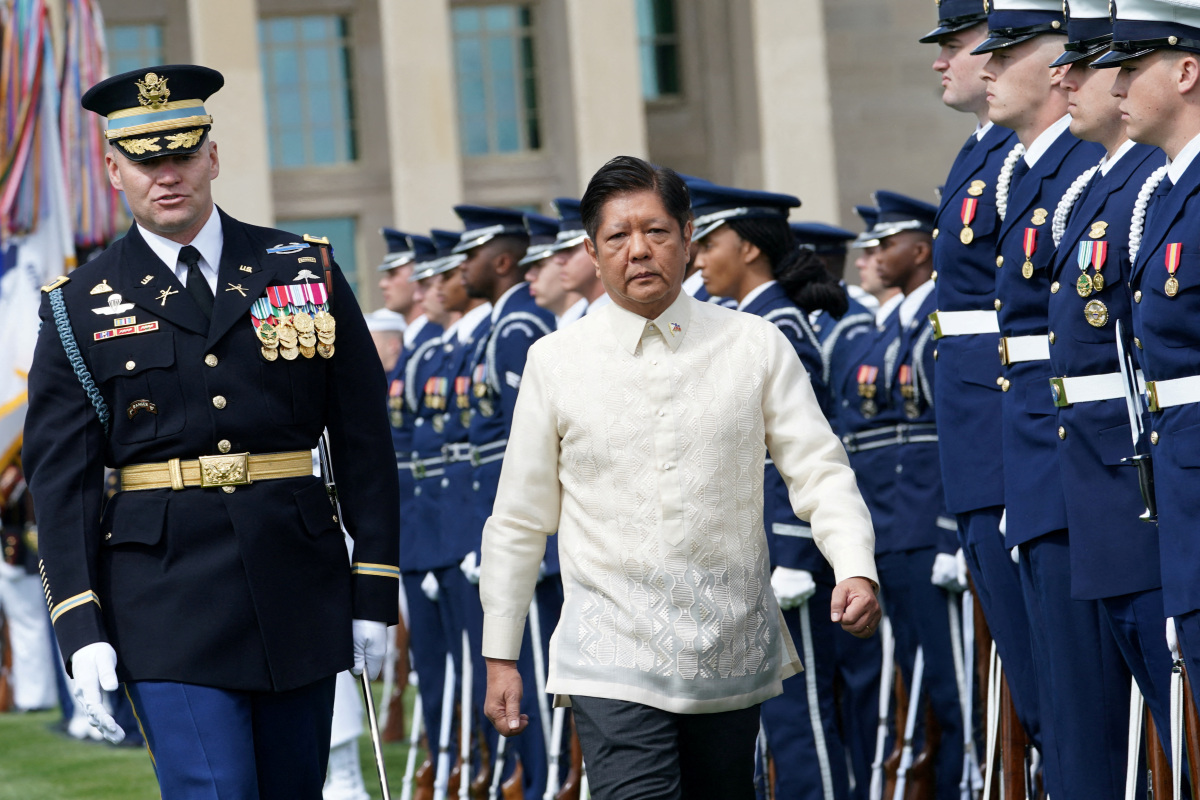This week’s violence has resulted in at least 115 deaths.
New Delhi:
As the civil unrest in Bangladesh continues, the Indian High Commission in Dhaka is facilitating safe travel for Indian students to crossing points along the India-Bangladesh International Border. The Ministry of External Affairs (MEA) is also collaborating with civil aviation, immigration, land ports, and the Border Security Force (BSF) to ensure a smooth passage for Indian nationals.
So far, 778 Indian students have successfully returned to India via various land ports. Additionally, around 200 students have returned home by regular flight services through Dhaka and Chittagong airports, the MEA said in a statement. The High Commission is in regular contact with more than 4,000 students still in various universities across Bangladesh. Students from Nepal and Bhutan have also been aided in crossing into India upon request.
“Many students had booked air tickets. But since there is a curfew in place, they could not make it to the airport. Several flights were also cancelled. There are still many Indian students still in hostels at universities where the atmosphere is still peaceful,” an Indian student who returned from Bangladesh told NDTV.
The High Commission in Dhaka is also coordinating with Bangladesh’s civil aviation authorities and commercial airlines to ensure uninterrupted flight services to India from Dhaka and Chittagong, which can be used by Indian nationals to return home.
What’s Happening In Bangladesh?
Bangladesh has plunged into turmoil this week as clashes between student protesters, security officials, and pro-government student activists erupted over a contentious quota system for government jobs. The escalating violence has prompted protest organizers to call for a nationwide shutdown, with universities across the country closing their doors indefinitely in response to the unrest.

Photo Credit: Reuters
The protests, which began late last month, reached a boiling point on Monday when student activists at Dhaka University, the largest university in the country, engaged in violent clashes with police and counter-protesters aligned with the ruling Awami League.
The quota reserves up to 30 per cent of government jobs for family members of veterans who fought in Bangladesh’s 1971 war of independence against Pakistan. Protesters argue that this system is discriminatory and disproportionately benefits supporters of Prime Minister Sheikh Hasina’s Awami League party. They advocate for a merit-based system to replace the existing quota.
Protests Intensify
The situation in the country has escalated, with soldiers patrolling cities to quell the civil unrest. Riot police have fired on protesters who defied a government-imposed curfew, leading to a volatile and dangerous environment.
This week’s violence has resulted in at least 115 deaths, posing a monumental challenge to PM Hasina’s government. The curfew, which went into effect at midnight, was accompanied by a request from the PM Hasina’s office for military deployment after police failed to subdue widespread disorder.
“The army has been deployed nationwide to control the law and order situation,” Bangladesh armed forces spokesperson Shahdat Hossain told news agency AFP. The curfew will remain in effect until at least 10:00 am on Sunday, according to local media.






